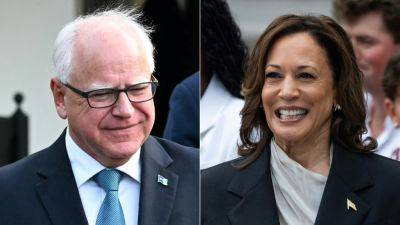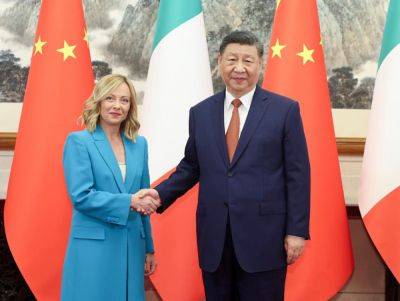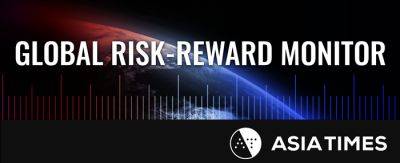Letter from Nikkei Asia's editor: Harris takes on Trump
Hello from Tokyo. Seventy-nine years ago today, Nagasaki, a city in western Japan, was devastated by an atomic bomb. Nagasaki and Hiroshima remain the only places in the world to have experienced such destruction. Each summer, ceremonies are held in both cities to silently pray for peace and renew the resolve to achieve a planet without nuclear weapons.
This year's events have received more attention than usual due to Nagasaki's decision not to invite the Israeli ambassador -- a move that led some other ambassadors, including those from the U.S. and the U.K., to stay away in protest. This situation highlights the complex interaction between historical memory, diplomacy and current international relations.
The history of U.S. participation in these ceremonies is worth noting. For more than 60 years after World War II, U.S. ambassadors did not attend the events in either city. That changed when Ambassador John Roos went to the Hiroshima ceremony in 2010 and the Nagasaki event in 2012. The presence of U.S. presidents in these cities -- let alone the ceremonies themselves -- is even rarer, with Barack Obama becoming the first sitting president to visit Hiroshima in 2016, while Joe Biden followed in his footsteps last year.
Will U.S. Vice President Kamala Harris tread the same path as her predecessors if she becomes president? And how will she try to be different from her forerunner as she takes over from President Biden as the Democratic Party's presidential nominee? In this week's Big Story, we take an in-depth look at where U.S. foreign policy is headed in a presidential race that pits Harris against former President Donald Trump.
When it comes to national security policy, Taiwan's new defense minister, Wellington Koo






